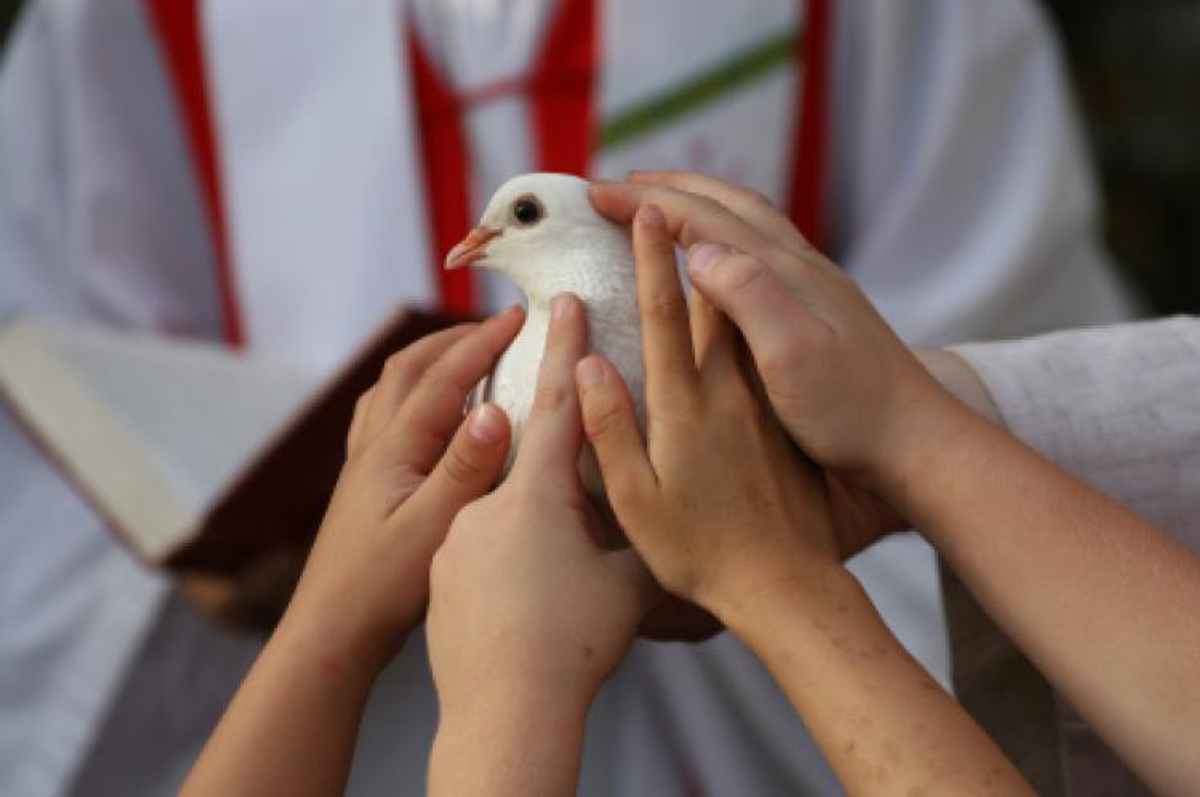Whit Monday, also known as Pentecost Monday is a public holiday in several countries on the Monday after Whitsunday. Also known as Pentecost or Whitsun, Whitsunday is observed fifty days (approx. seven weeks) after Easter and 10 days after Ascension.
It marks the end of the Easter cycle, which began 90 days ago with Ash Wednesday at the start of Lent.
Until fairly recently, Whit Monday was a public holiday in the Republic of Ireland. Until 1967, it was a bank holiday in the United Kingdom, when it was replaced by the ‘spring bank holiday’ on the last Monday in May.
It gets its English name for following “Whitsun”, the day that became one of the three baptismal seasons.
The name “Whitsunday” is now generally attributed to the white garments formerly worn by the candidates for baptism on this feast.
The day commemorates the coming of the Holy Spirit in the form of flames to the Apostles, as recorded in the New Testament in Acts, 2.
The Holy Spirit allowed the apostles to speak in other languages, and they started preaching the word of Jesus to the Jews who come to Jerusalem for the feast of Shavuot (Pentecost). Saint Peter then delivered the first Christian sermon, which led to the conversion and baptism of 3,000 people. Many Christians recognize this event as the birth of the Church.
